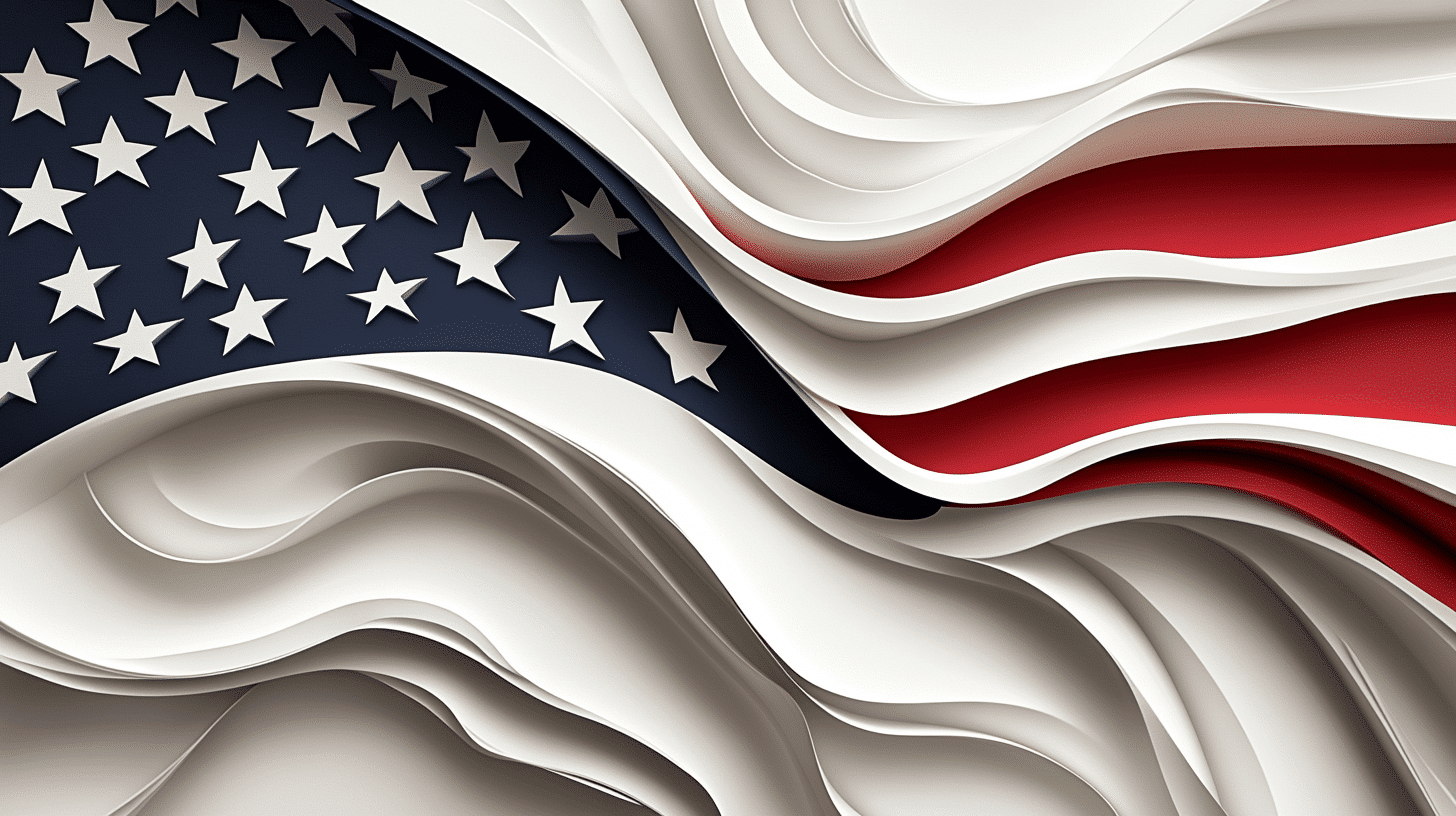What is Cliché Day?
Cliché Day is celebrated annually on November 3 in the United States as a lighthearted way to recognize and poke fun at the common phrases and expressions that have become overused in our language. Clichés are phrases or ideas that were once original but have been repeated so often that they’ve lost their originality or impact. Cliché Day invites people to reflect on these phrases, have fun with them, and maybe even try to avoid them in favor of fresh, unique expressions.
Whether they’re in movies, books, or everyday conversation, clichés often bring humor or familiarity. Cliché Day is about celebrating these phrases, from “think outside the box” to “the grass is always greener,” while also exploring the impact they have on language and communication.
History and Origin
The origins of Cliché Day are unclear, but it likely began as a fun observance for language enthusiasts who wanted to bring attention to the clichés that fill our conversations. The word “cliché” itself comes from French, originally referring to the sound made by a printing press. It became a term used to describe ideas or phrases that have become too predictable or repetitive.
Cliché Day serves as an invitation to examine these phrases with humor, providing a chance to see how clichés affect writing, speech, and even popular media. By pointing out clichés, people can explore new ways to communicate and think more creatively about language.
Who Celebrates Cliché Day?
- Writers and Authors: Writers often celebrate by challenging themselves to avoid clichés in their work, sparking creativity and originality in their writing.
- Teachers and Students: Many educators use Cliché Day to teach students about language, encouraging them to identify clichés and come up with more original ways to express ideas.
- Public Speakers and Communicators: Public speakers, journalists, and marketers might observe the day by revising common phrases to avoid clichés, striving for fresh language.
- Humor Enthusiasts: Those who enjoy humor and satire often use Cliché Day to playfully incorporate clichés in conversation, turning the phrases on their heads.
- Language Lovers and Linguists: Linguists and language enthusiasts celebrate by analyzing clichés, looking into why certain expressions become overused and what that says about society.
Slogans and Themes
Cliché Day focuses on themes of language, creativity, and humor. Popular slogans include “Break the Mold,” “Avoid the Beaten Path,” and “Think Outside the Cliché.” These themes encourage people to examine familiar phrases with a sense of fun and to explore new ways to communicate.
Colors, Symbols, and Patterns
- Colors:
- Gray: Represents neutrality and the “ordinary,” symbolizing the familiar, predictable nature of clichés.
- Yellow: Adds a playful, humorous touch to the theme, as Cliché Day is meant to be fun and lighthearted.
- Blue: Symbolizes language and communication, reflecting the role of clichés in spoken and written words.
- Symbols:
- Quotation Marks: Represent phrases and expressions, emphasizing the verbal nature of clichés.
- Light Bulb: Symbolizes creativity and the search for fresh, original ideas beyond the cliché.
- Path or Footprint: Represents the “well-trodden path,” symbolizing the repeated use of clichés.
- Patterns:
- Repeating Text Patterns: Reflect the repetitive nature of clichés and their familiar, predictable use in language.
- Arrow or Check Mark Motifs: Symbolize common phrases like “on target” or “check all the boxes,” which have become clichés in their own right.
- Speech Bubbles: Emphasize dialogue and the frequent use of clichés in everyday conversation.
Most Used Hashtags
- #ClichéDay
- #OverusedPhrases
- #SayItDifferently
- #AvoidClichés
- #FreshLanguage
How to Celebrate Cliché Day
- Identify Common Clichés: Make a list of commonly used clichés, like “it is what it is” or “only time will tell,” and try to come up with fresh, original alternatives to express the same ideas.
- Play a Cliché Bingo Game: Create a bingo card filled with common clichés and challenge friends or coworkers to see who can “spot the cliché” first in conversations or media throughout the day.
- Challenge Yourself to Avoid Clichés: Write a story, essay, or even a social media post without using any clichés. This can inspire creativity and help you find new ways to express familiar ideas.
- Share Your Favorite (or Least Favorite) Clichés: Post your favorite clichés or the ones you find the most annoying on social media, using the day’s hashtags to join the conversation and see what others have to say.
- Rewrite Famous Clichés: Take well-known clichés and rewrite them in unique, humorous, or exaggerated ways to create a playful twist. For example, “think outside the box” could become “envision a sphere of endless possibilities.”
Why is Cliché Day Important?
Cliché Day is important because it encourages people to think critically about the language they use and to push beyond the ordinary. While clichés are often harmless, they can limit originality in communication. By observing Cliché Day, people can become more aware of how these expressions influence their speech and writing, motivating them to seek out creative and fresh ways to express themselves.
Beyond language improvement, Cliché Day adds a bit of humor and reflection to everyday conversation. It allows people to laugh at their own habits and to think about the words they choose, making communication more intentional and engaging.
Features
- Funny or whimsical
